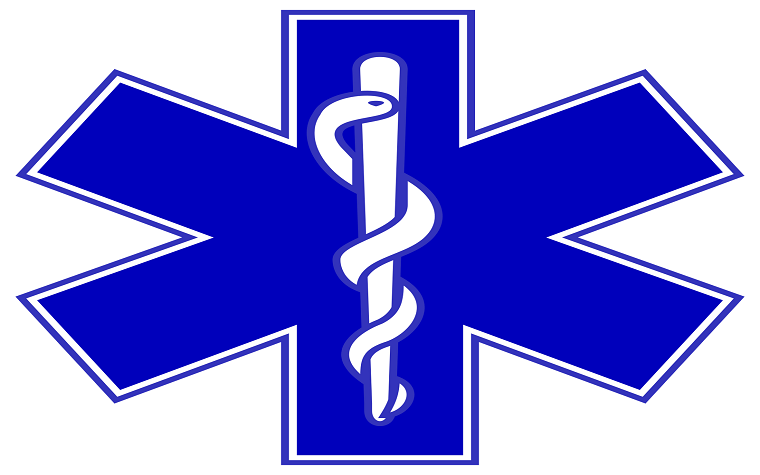
The Prescription Drug User Fee Act (PDUFA) was passed in 1992 to permit the U.S. Food and Drug Administration (FDA) to collect fees from drug manufacturers to fund new drug approval processes.
When PDUFA was reauthorized in 2012 as part of the Patient-Focused Drug Development (PFDD) Initiative, 20 groups of diseased were given focus -- and representatives from several patient organizations were worried the focus would remain only on those 20 diseases.
The FDA listened to those concerns, and according to a blog published earlier this week by Dr. Theresa Mullin, director of the FDA's Office of Strategic Programs, new ways to extend the PFDD model to include other diseases are now in place.
Through the PFDD public meeting, FDA officials gained knowledge about what patient organizations wanted and needed. They have now invited patients living with diseases not included in the first PFDD model to organize their own meetings following the PFDD model.
"FDA recognizes that there are many more disease areas than can be addressed in the planned FDA meetings under PDUFA V," Mullin said in the blog. "There has been growing external interest in expanding efforts to gather patient input in support of drug development and evaluation. To help expand the benefits of FDA’s PFDD initiative, FDA welcomes patient organizations to identify and organize patient-focused collaborations to generate public input on other disease areas, using the process established through Patient-Focused Drug Development as a model."
Mullins' blog gives tips for meeting organizers, including how to get FDA participation; how to decide if such a meeting is necessary; and how to submit a letter of intent (LOI).
Letters of intent received by Feb. 28 will be reviewed beginning March 1. LOIs received after that date will be reviewed later in the year.
"It’s a great opportunity for patient organizations representing people with rare diseases to share their hopes, challenges and concerns directly with FDA," Mullin said.



